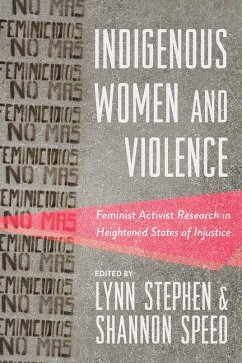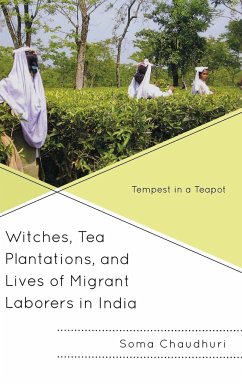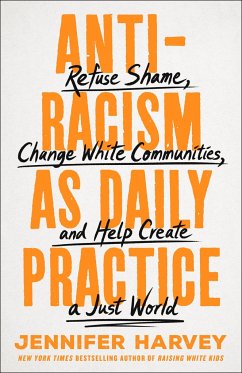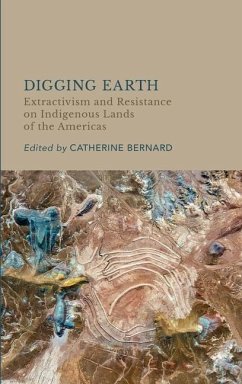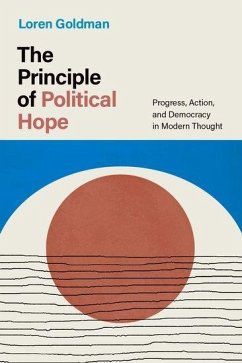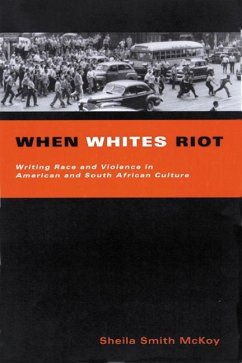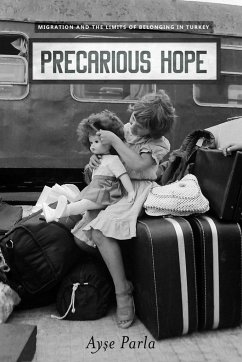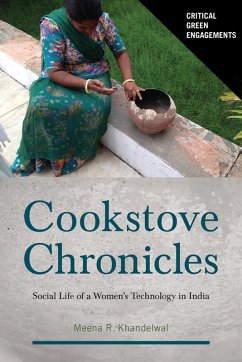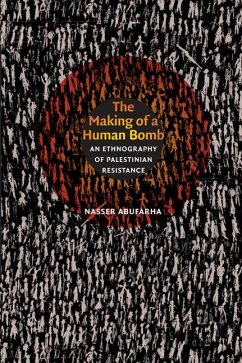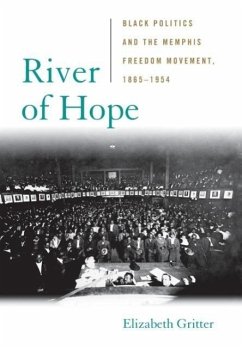
Digging for Hope
A Feminist Ethnography in the Land of Mass Graves
Versandkostenfrei!
Erscheint vorauss. 14. April 2026
98,99 €
inkl. MwSt.
Weitere Ausgaben:
In the shadow of Mexico’s ongoing human rights crisis, Digging for Hope offers a powerful feminist ethnography of resistance, care, and collective memory. Drawing on nearly a decade of fieldwork, R. Aída Hernández Castillo documents the courageous work of women-led search collectives who, in the face of extreme violence, search for their disappeared loved ones. Through physical and spiritual practices such as exhumation, mourning, and poetic remembrance, these women reclaim dignity for the dead and challenge a society that has normalized disappearance. At the heart of this book is a profou...
In the shadow of Mexico’s ongoing human rights crisis, Digging for Hope offers a powerful feminist ethnography of resistance, care, and collective memory. Drawing on nearly a decade of fieldwork, R. Aída Hernández Castillo documents the courageous work of women-led search collectives who, in the face of extreme violence, search for their disappeared loved ones. Through physical and spiritual practices such as exhumation, mourning, and poetic remembrance, these women reclaim dignity for the dead and challenge a society that has normalized disappearance. At the heart of this book is a profound exploration of what HernÁndez Castillo calls a “pedagogy of love”—a political and ethical framework rooted in care, solidarity, and the refusal to forget. These women are not only searching for bodies; they are building emotional communities, crafting new languages of justice, and offering a reimagining of what it means to resist violence. Their practices, often overlooked by traditional scholarship, restore humanity and dignify the disappeared. Digging for Hope is essential reading for anyone seeking to understand the gendered dimensions of violence and the grassroots movements that rise in response. With clarity and compassion, HernÁndez Castillo brings readers into the intimate spaces of grief and resistance, offering a model for feminist ethnography that is both rigorous and deeply humane.




